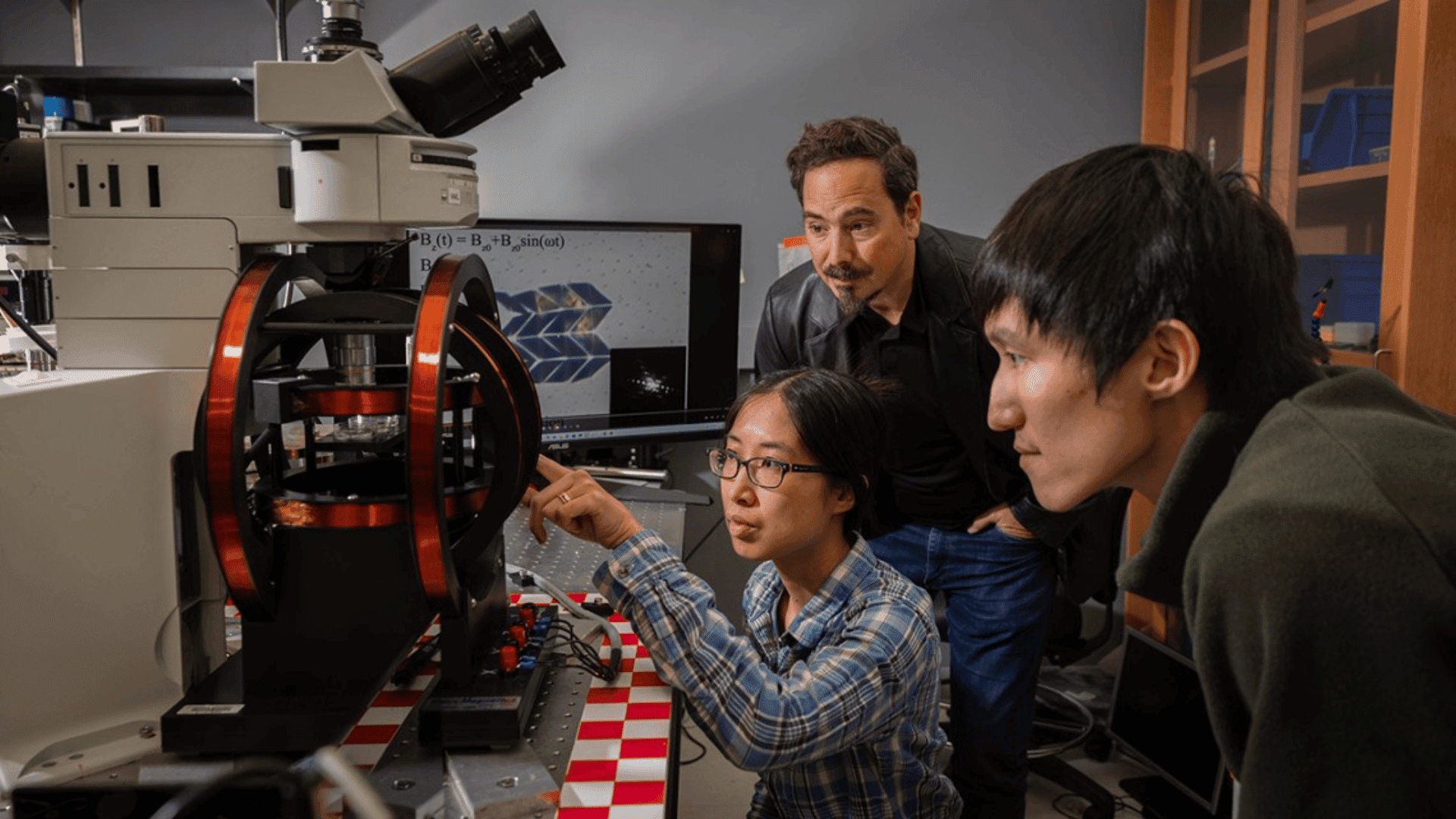A new study by researchers from the University of Illinois and the University of Nebraska-Lincoln links the speed at which our brains age with the nutrients in our diets.

The research team mapped brain scans against nutritional intake to find connections between certain diets and slower brain aging. The 100 volunteers for the study were between the ages of 65 and 75.
Rather than having the volunteers report on their diets, the researchers analyzed blood samples for nutrient biomarkers. They discovered two distinct types of brain aging, the slower of which was associated with participants who adhered to a Mediterranean diet.
“We investigated specific nutrient biomarkers, such as fatty acid profiles, known in nutritional science to potentially offer health benefits,” stated neuroscientist Aron Barbey from the University of Illinois. “This aligns with the extensive body of research in the field demonstrating the positive health effects of the Mediterranean diet, which emphasizes foods rich in these beneficial nutrients.”
The beneficial biomarkers discovered included fatty acids, vitamin E, carotenoids, and choline. Fatty acids are present in foods like fish and olive oil, vitamin E is in foods like spinach and almonds, and choline is in egg yolks, raw soybeans, and organ meats.
Explore Tomorrow's World from your inbox
Get the latest innovations shaping tomorrow’s world delivered to your inbox!
I understand that by providing my email address, I agree to receive emails from Tomorrow's World Today. I understand that I may opt out of receiving such communications at any time.
Carotenoids are plant pigments found in pumpkins and carrots. They have previously been shown to lower body inflammation and protect against cell damage.
The scientists behind the study evaluated brain aging using MRI brain scans and cognitive assessments. This allowed them to combine practical mental aging with the details of neuron configuration.
“This allows us to build a more robust understanding of the relationship between these factors,” says Barbey. “We simultaneously examine brain structure, function, and metabolism, demonstrating a direct link between these brain properties and cognitive abilities.”
Though the research is another step in showing the impact of nutrition on the brain, it isn’t quite comprehensive enough to prove the cause and effect fully. In the next research stage, the team hopes to review clinical trials over a longer period.
“The present study identifies particular nutrient biomarker patterns that are promising and have favorable associations with measures of cognitive performance and brain health,” says Barbey.







